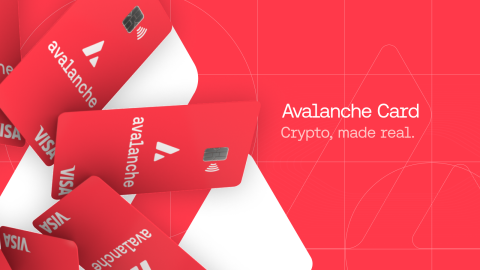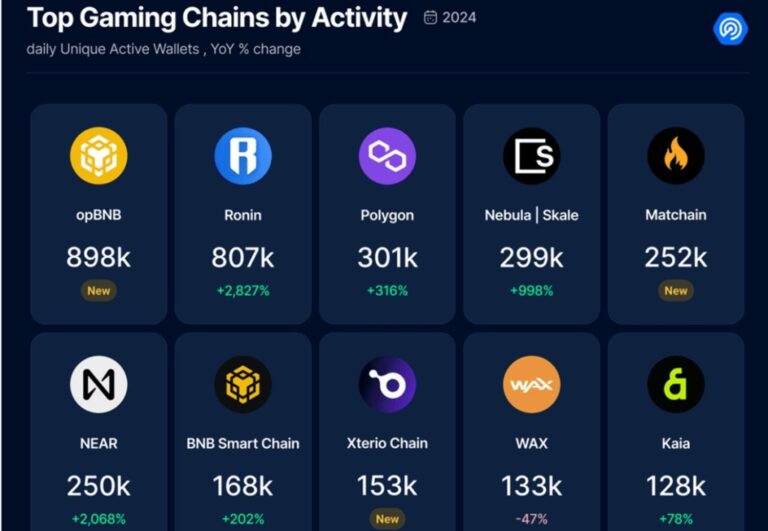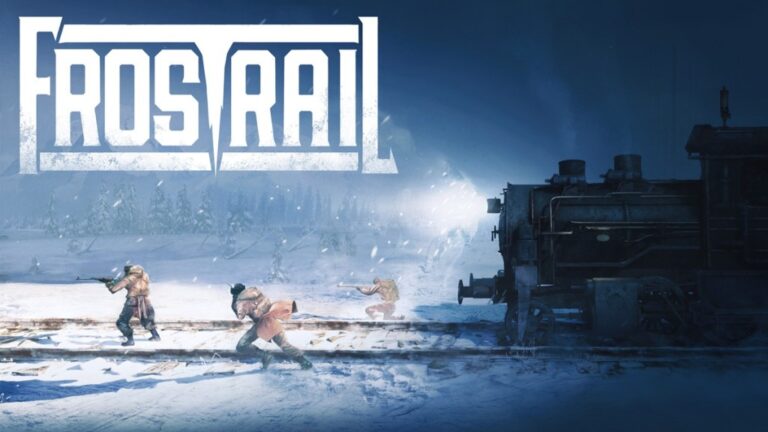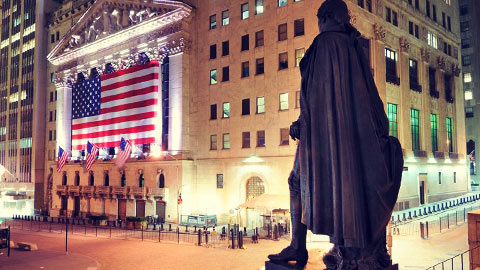Blockchain Gaming: Navigating the Industry’s Crucial Turning Point
At the recent Game Developers Conference (GDC) in San Francisco, the atmosphere among crypto game developers seemed less than enthusiastic, despite the numerous lively events surrounding the conference. This article explores the current sentiment in the blockchain gaming sector and highlights the challenges that developers face while pushing forward with their innovative projects.
Crypto Game Developers at GDC 2023
This year’s GDC attracted a diverse crowd of crypto gaming enthusiasts, including traders, players, and developers, who engaged in a variety of side events. Although venues ranged from bustling hotel buffets to a basement bowling alley bar, the general mood at GDC itself appeared somewhat deflated. An attendee mentioned that after attending GDC for 15 years, this year’s experience felt less optimistic.
Exhibition Hall Highlights
In the exhibition hall, only a few crypto companies showcased their work, with Arbitrum hosting the largest booth dedicated to blockchain gaming. Here are some key takeaways:
- Only three crypto groups had booths, and two were relatively small.
- Arbitrum showcased six games utilizing its Ethereum L2 chain ecosystem.
- The overall size of crypto booths at GDC was noticeably smaller than in previous years.
Despite the subdued atmosphere, Arbitrum’s Gaming Catalyst is actively engaging with over 100 game teams to explore potential collaborations. Daniel Peng, a founding partner of Arbitrum Gaming Catalyst, emphasized that progress is still being made in the blockchain gaming space.
Challenges Facing Blockchain Gaming
Michael Wagner, co-founder and CEO of Star Atlas, shared his thoughts on the current state of the industry, noting a need to return to fundamentals that offer real utility and long-term value. Similarly, Mark Long, CEO of Unio, described the present moment as “the trough of disappointment” for blockchain gaming.
Legal Battles and Future Projects
Long’s previous involvement with the Shrapnel project, which faced legal challenges and a significant decline in expectations, highlights the volatility in the sector. Following a recent settlement, Long is now focusing on Unio, which aims to create an open-world sci-fi project that allows users to leverage their characters and game assets for new developments. The team is currently developing three games and is seeking a publisher to assist in their launch.
The Quest for Breakthrough Games
Oliver Maroney, Head of Business Development at OpenSea, mentioned that the industry is still in search of that key game that could elevate the entire blockchain gaming community. OpenSea is collaborating with Off The Grid, a promising blockchain shooter game, to enhance its offerings. They recently introduced an OpenSea-branded gun skin, emphasizing their commitment to evolving within the marketplace.
Market Adaptations and Economic Challenges
OpenSea’s latest marketplace, OS2, aims to include token trading, positioning itself as a comprehensive platform for all things crypto. Maroney noted that many attendees at GDC expressed optimism about several early-access games that have yet to fully launch. However, balancing a game economy remains a critical concern for developers.
Marty Burgess, CEO of Lightning Forge Games, stressed the importance of designing sustainable on-chain economies, as opposed to focusing solely on rapid growth. He clarified that their projects are not aimed at delivering unrealistic returns, but rather at fostering long-term success.
While expectations in the crypto gaming industry have shifted, there remains a collective hope for a breakthrough game that can reinvigorate interest and excitement in blockchain gaming.
For more insights into the blockchain gaming landscape, check out this article from Blockworks.
Stay updated on the latest developments in fintech and blockchain by visiting our website.







